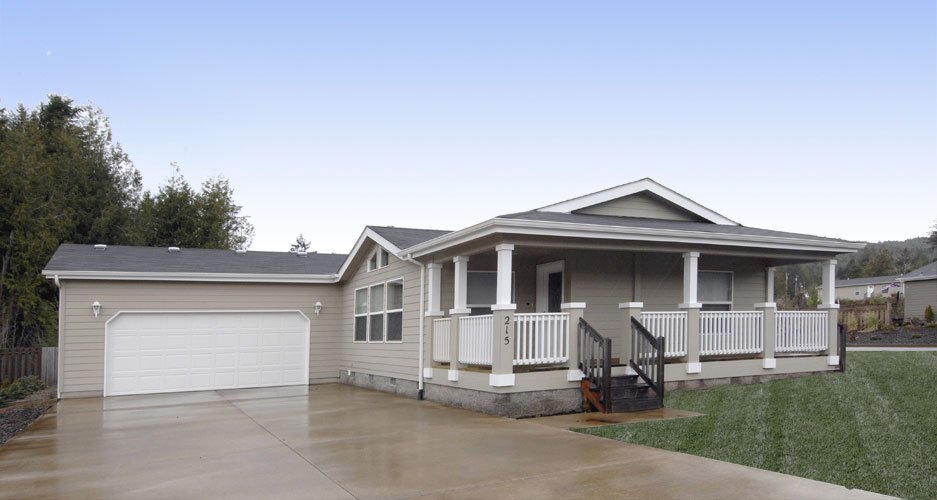Manufactured homes seems to be getting serious consideration as a solution to the U.S.’s growing affordable housing shortage, if recent news reports are anything to go by.

Back in January, mortgage financing giants Fannie Mae and Freddie Mac said they’re planning to purchase more housing loans for manufactured homes in the next three years. Also this year, the U.S. Department of Housing and Urban Development said it’s reviewing its current regulations governing manufactured housing.
Manufactured homes are those that are built in a factory rather than on-site, before being relocated to the owner’s land after they’ve been purchased. Manufactured homes are not to be confused with pre-fab homes, parts of which are assembled in factories before being mostly constructed on-site.
The main advantage of a manufactured home is that it’s significantly cheaper than a traditional one. Once referred to as mobile homes, they’re often priced at a fraction of the cost of a new single-family home. Manufactured homes cost $45,000 on average, compared to the $323,000 average cost of a single-family home.
“There’s clearly an affordable housing gap that’s growing and growing and growing,” Laurie Goodman, vice president of the Housing Finance Policy Center at the Urban Institute, told Curbed.com. “Manufactured housing is every bit as good as site-built housing in most cases. Why has the number of manufactured housing units not gone up to where it was before?”
The popularity of manufactured homes experienced a bit of a boom back in the mid-1990s, when credit standards were much looser. But financing for these kinds of homes has since become much more difficult due to the high number of defaults on these kinds of loans in the 90s. The problem was compounded because lenders face more difficulties in repossessing these homes, Curbed.com reported. As a result, they’ve become much less common.
A second challenge with mobile homes is their value tends to depreciate more quickly than traditional homes. Another problem is zoning restrictions that make it difficult for owners to find a place to put their manufactured home.
However, it looks as if the government is now looking at manufactured homes as a way of exacerbating the current shortage of affordable homes for sale. Fannie Mae recently said it will buy 30,000 mortgages for manufactured homes in the next three years. It’s also developing a new program for purchase chattel loans and helping to finance manufactured housing communities.
Furthermore, the HUD’s decision to review regulations that govern manufactured homes is another positive sign, said Daniel Mandelker, a professor of land use law at Washington University in St. Louis.
“If they start working on a model state [zoning] law and start funding pilot projects, that would bring some attention,” Mandelker said. “I think that would be very helpful.”